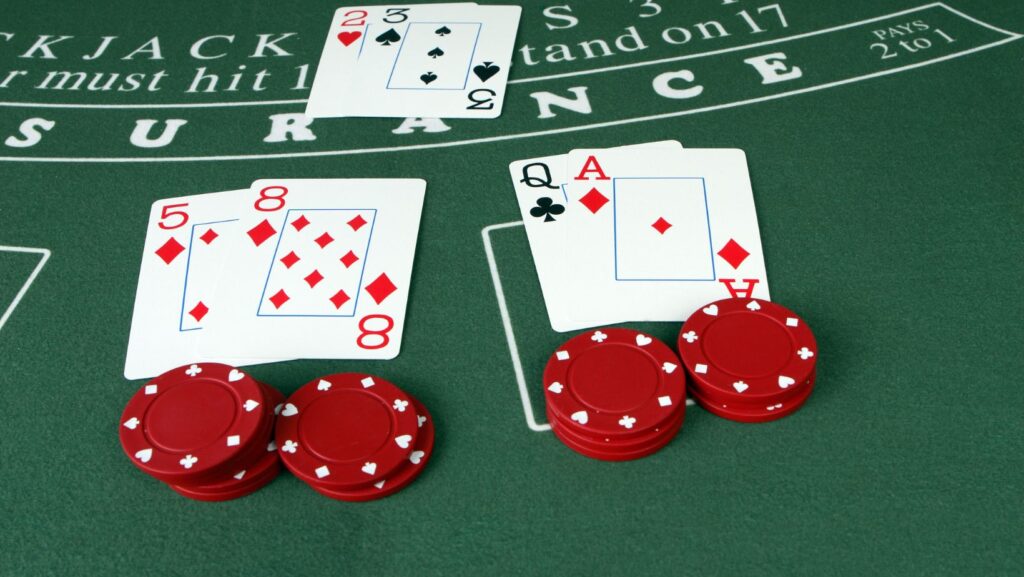Three months waiting for my €1,500 withdrawal. Support kept saying “processing,” “verification needed,” “please be patient.” So I called my bank and disputed the original deposits. Got my €400 back within a week. Felt like justice.
Two days later, I couldn’t log in to any of the casino accounts I owned. Not just the one I’d charged back—all of them. It turns out that filing that chargeback didn’t just burn one bridge. It torched my entire online gambling future across the industry.
Even legitimate operators, such as Rich Royal Casino, with their 275% welcome bonus of up to €7,500, explicitly state in their terms that chargebacks result in permanent bans and industry-wide blacklisting. I learned this the expensive way.
How One Chargeback Destroyed Everything
Here’s what happened after I disputed those charges:
Day 1: Bank reversed the €400 in deposits. Felt vindicated.
Day 2: The Original casino account showed “permanently suspended.”
Day 3: Started getting emails from other casinos—accounts closed for “terms violation.”
Week 1: Tried registering at new sites. Applications instantly rejected.
Month 1: Discovered I’m on a shared blacklist used by hundreds of operators.
The kicker? The original casino finally processed my €1,500 withdrawal—two weeks after the chargeback. However, I couldn’t access it because my account had been banned. Lost the withdrawal and got blacklisted—double loss.
The Database I Didn’t Know Existed

Casinos share blacklists through third-party databases. File a chargeback at one site, and your details get flagged:
- Name
- Email addresses
- Payment methods
- IP addresses
- Device fingerprints
New registrations get checked against these databases. Does your name match? Instant rejection. Use a different email? They’ll match your address or payment method. It’s incredibly thorough.
One database administrator told me they track over 2 million flagged players. Once you’re in, you’re in forever—no appeals, no time limits, no second chances.
Why Casinos Treat Chargebacks Like Fraud
From the casino’s perspective, chargebacks are theft. You played their games, lost fair and square (or won and got paid), then forcibly took your money back through your bank.
They also face:
- Chargeback fees (€25-100 per transaction)
- Increased payment processing rates
- Risk of losing payment processing entirely
- Damaged reputation with financial institutions
Even if you had legitimate complaints, using chargebacks makes you radioactive. The industry sees no difference between individuals with genuine grievances and those who are outright fraudsters.
The Alternatives I Should’ve Used
Instead of that nuclear option, I could have:
Contacted the licensing authority: Most respond within 30 days and can force casinos to pay legitimate withdrawals.
Used dispute resolution services: Independent mediators like eCOGRA handle player complaints for free.
Posted on forums: Public pressure often motivates casinos to resolve issues quickly.
Waited longer: As frustrating as it was, my withdrawal did eventually process—just too late.
If you’re frustrated enough to consider chargebacks, first try play for fun no money sites with their 28,000+ free slots. Cool off, think clearly, then pursue proper channels.
The Permanent Consequences
Two years later, I’m still blacklisted. What that means:
- Can’t access any regulated online casino
- VPN usage gets detected and banned
- Using fake details is illegal and gets caught anyway
- Even cryptocurrency casinos check blacklists now
- Sports betting sites also honor casino blacklists
Friends suggested using family members’ accounts. That’s fraud, potentially criminal, and gets them blacklisted too when caught.
The financial impact is mainly limited to my relationship with that specific bank. While chargebacks don’t appear on credit reports, excessive disputes can make your own bank treat you as high-risk. If the casino had sent the disputed amount to collections (they didn’t in my case), that would have damaged my credit. Some players report that their banks have become stricter about approving gambling transactions after multiple disputes, although this varies by bank policy.
My Expensive Education
The worst part? I was actually right. The casino was stalling my withdrawal unfairly. But being right doesn’t matter when you use the wrong solution.
Chargebacks should be absolute last resorts for actual fraud—not slow withdrawals or disputes. The nuclear option leaves nuclear fallout. My impatience cost me access to an entire industry permanently.
If you’re considering a chargeback over casino issues, understand you’re not just leaving that casino—you’re leaving all casinos, forever. That “quick fix” becomes a lifetime ban. Trust me, no delayed withdrawal is worth permanent industry exile.

